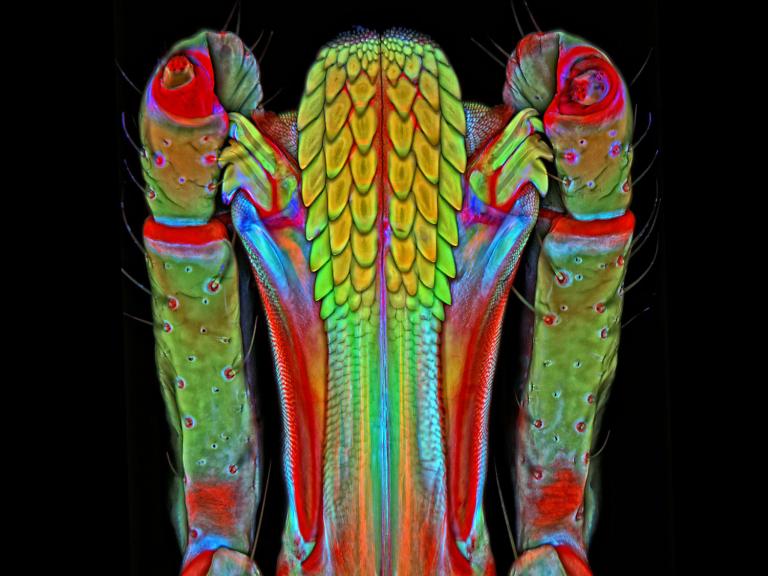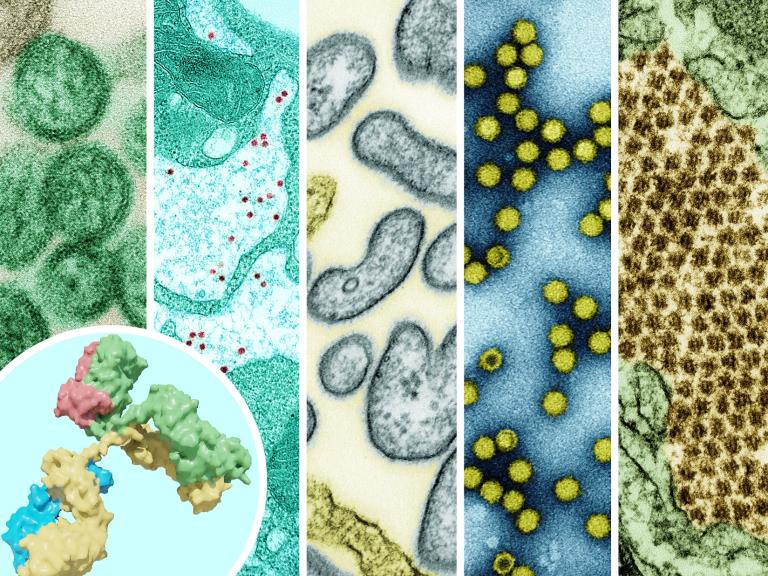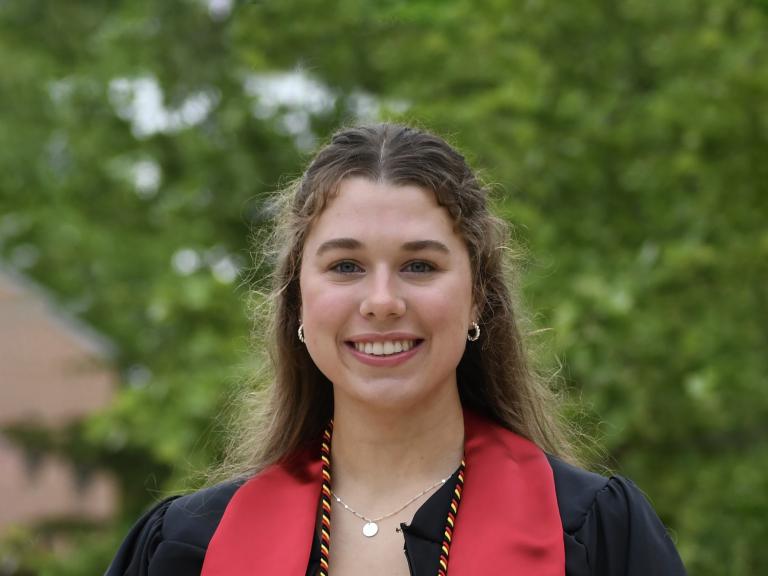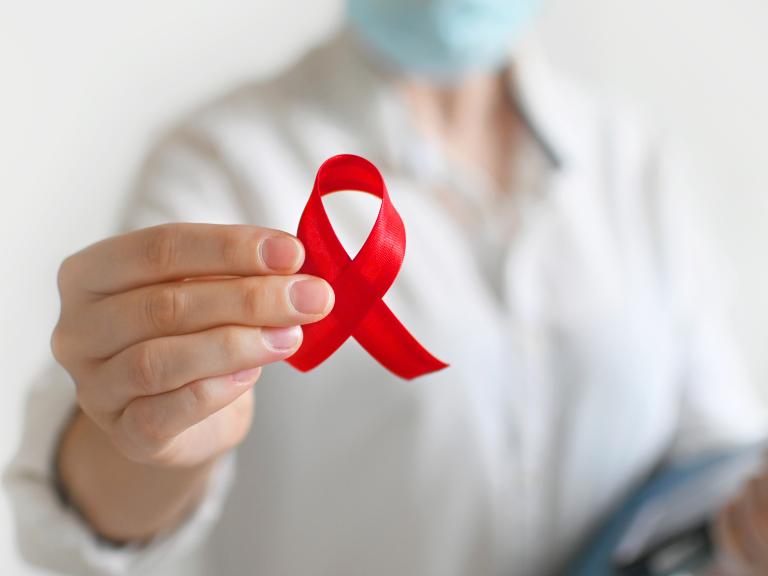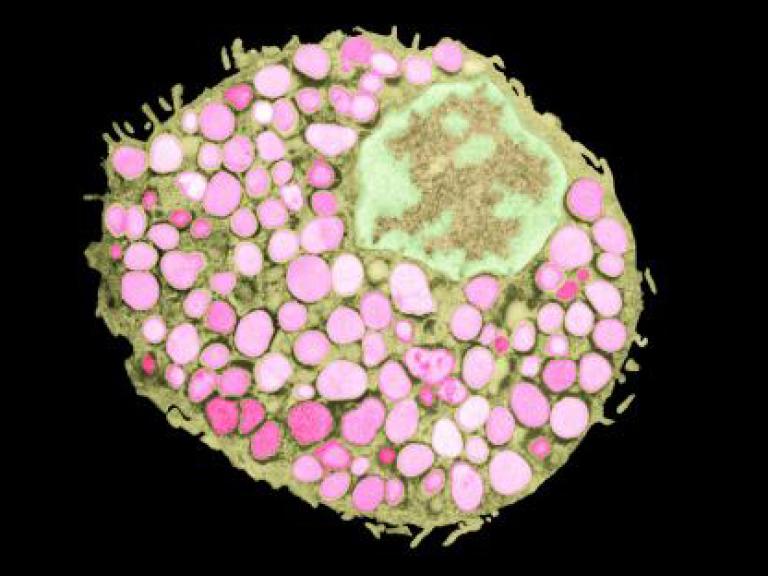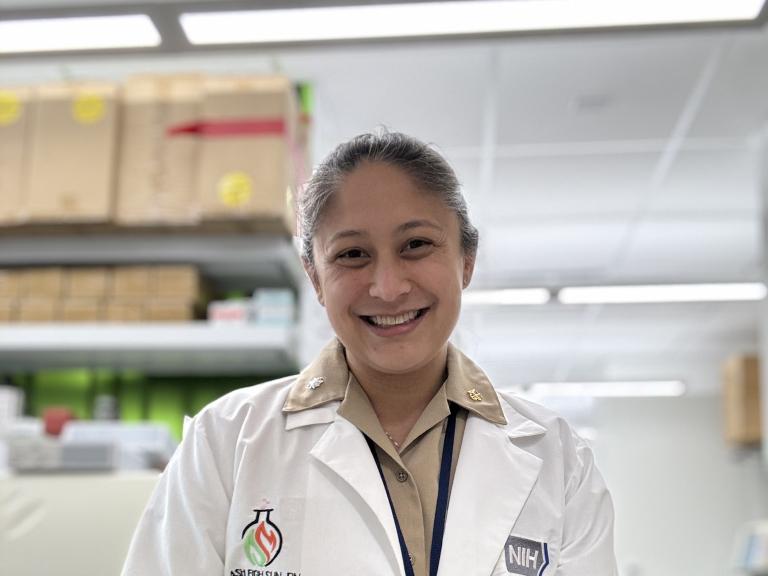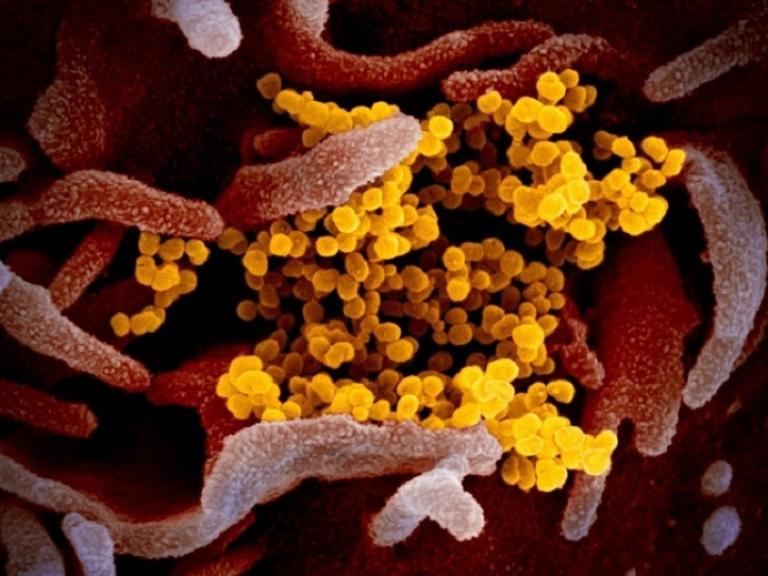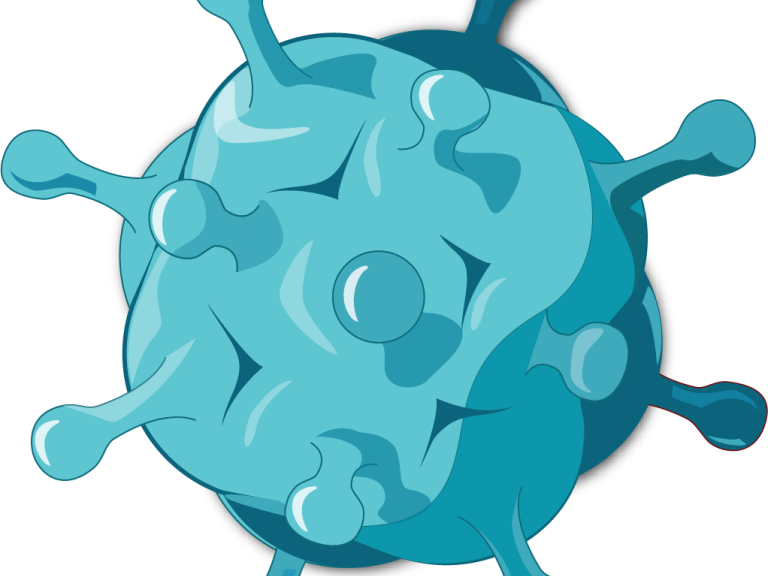Sexually transmitted infections (STIs) are an important global health priority because of their devastating impact on women and infants and their inter-relationships with HIV/AIDS biologically and epidemiologically. The ultimate objective of NIAID-supported research is to develop effective prevention and treatment approaches to control STIs.
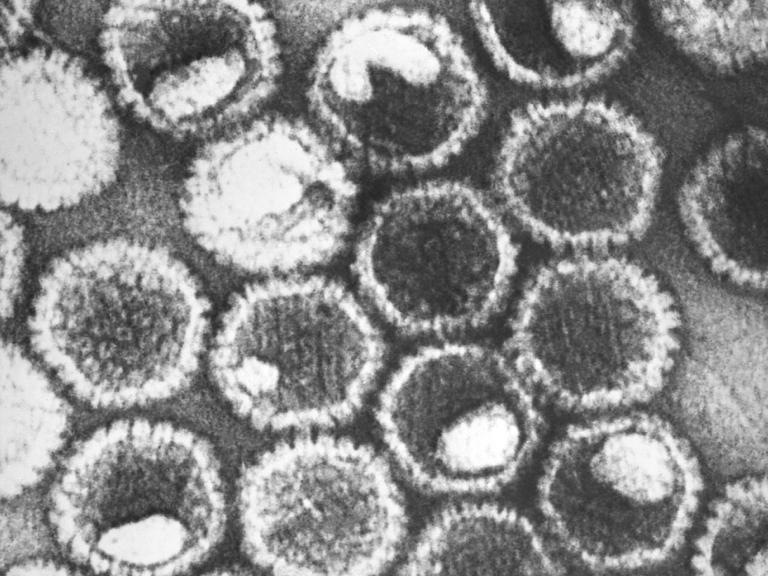
NIH Herpes Simplex Strategic Plan 2023
To advance research to understand and address Herpes Simplex Virus (HSV) infection, the NIH has established a strategic plan for research that combines the efforts of the research community with those in public health and clinical medicine to develop interventions to reduce the health consequences of HSV.
Funding Opportunities
NIAID is always accepting researcher-initiated applications. Connect with NIAID program officers about potential funding for STI research.
Program Officers
Program Officers for STIs can be found in the Enteric and Sexually Transmitted Infections Branch (ESTIB) of the Division of Microbiology and Infectious Diseases (DMID). For information on HSV basic research, see DMID's Virology Branch (VB).
Connect With Other Researchers
Researchers at NIAID
Explore the list of laboratory scientists doing STI research at NIAID as well as researchers focusing specifically on HIV/AIDS.
Social Media
Resources for Researchers
NIAID provides a wide range of resources for every stage of the development pathway to facilitate and advance infectious disease research. These include repositories, genomics and bioinformatics services and tools, preclinical studies, and clinical trials. You may request services if you are an investigator in academia, a not-for-profit organization, industry, or government in the United States or worldwide. You need not be a grantee of NIAID or another National Institutes of Health Institute or Center. Look to each resource for further eligibility information.
For researchers developing products such as diagnostics, vaccines, or drug therapies, check out Support for Infectious Disease Product Developers.
Meetings
Past Meetings
Current Challenges in Evaluating Antimicrobials for Urogenital Gonorrhea
Experts Collaborate to Design Thorough and Effective Future Trials
February 5-6, 2019


